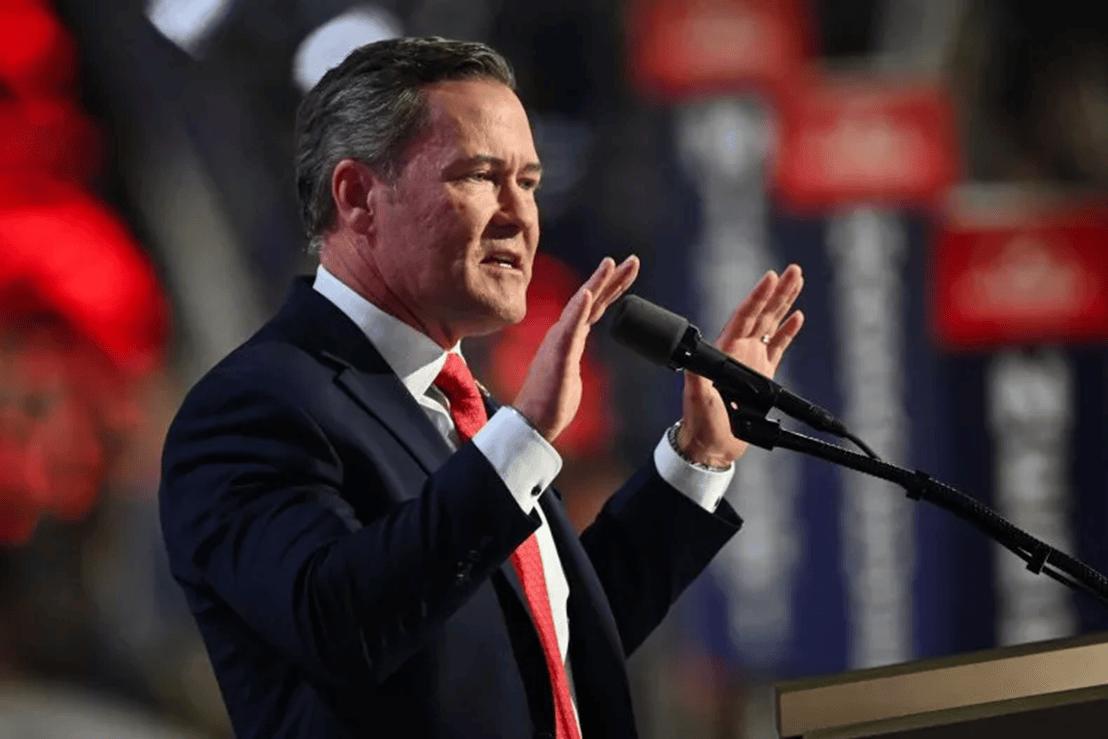
In March 2025, an incident involving a senior White House official mistakenly adding a journalist to a non-confidential chat application group led to the leakage of highly sensitive military plans, causing a global uproar. This absurd leak not only exposed significant vulnerabilities in the US government's information security management but also sparked profound reflections on national security, media trust, and government competency.
Background and Course of the Event
The incident stemmed from US military airstrikes on multiple locations in Yemen on the afternoon of March 15th (US Eastern Time). Four days prior, on March 11th, Jeffrey Goldberg, the editor-in-chief of The Atlantic, received a connection request on the encrypted chat software Signal from a user claiming to be "Mike Pence, US President's National Security Advisor". Out of curiosity, Goldberg accepted the invitation and was added to a group chat named "Houthi PC Group" two days later. The group members were listed as Vice President Vance, Defense Secretary Hegseth, Secretary of State Rubio, CIA Director Ratcliffe, and other high-ranking officials.
According to an article titled "The Trump Administration Accidentally Texted Me the War Plan" published by Goldberg on March 24th, "Mike Pence" in the group chat stated that the group was established to coordinate actions related to the Houthi militia over the next 72 hours and would send a specific operation plan that evening. Initially, Goldberg thought it was a prank or a scam, but as the chat progressed, he gradually realized it might be a genuine discussion about military operations.
At 11:44 am on March 15th, "Hegseth" in the group suddenly shared an operation plan, including attack targets, weapon deployment, attack sequence, and other precise information. Subsequently, the US military carried out the operation against Houthi militants in Yemen as scheduled, with the details of the operation matching those disclosed in the group chat perfectly. Goldberg then realized that he had "passively participated" in a live broadcast of the war.
Impact and Reactions to the Event
The leak quickly drew criticism from national security agencies and widespread attention from global media. Governments, media outlets, and experts worldwide commented on the incident, questioning the US government's information security management. The US government also launched an urgent investigation into the matter.
Brian Hughes, a spokesman for the White House National Security Council, stated that the information disclosed in Goldberg's special report "appeared to be genuine," and government officials were reviewing the number that was inadvertently added to the group chat. At a White House press conference, US President Trump said he was unaware of the sensitive information leak and insisted that the attack was very successful, and the leak had no impact. However, his statement failed to quell public doubts and anger.
US Defense Secretary Hegseth denied leaking the operation plan and accused Goldberg of being a "deceitful journalist." This attitude further escalated the tension surrounding the incident. Meanwhile, Democratic lawmakers expressed strong dissatisfaction and criticism over the matter, demanding a thorough investigation into the truth and accountability for those responsible.
Underlying Issues Behind the Event
This leak is not just an accidental "slip-up"; it exposes deeper issues of the US government's neglect of security measures in the field of national security.
Firstly, the US government has significant vulnerabilities in information security management. Senior officials actually discussed highly sensitive military plans on a non-confidential chat application, which violates the basic principles of information security. Furthermore, there are serious issues with identity verification and permission management in the group chat, allowing a journalist to easily infiltrate the group and obtain confidential information.
Secondly, this incident also reflects deficiencies in the US government's decision-making mechanisms and management capabilities. Senior officials lack the necessary caution and confidentiality awareness when discussing military operations, even publicly expressing opposing views and internal conflicts in the group chat. This behavior not only damages the government's image and credibility but may also adversely affect military operations.
Lastly, this incident has also impacted the trust relationship between the media and the public. Goldberg's detailed description of the group chat's content and process in his article has raised public questions about government transparency and media ethical standards. The breach of this trust relationship will have adverse effects on future news reporting and information dissemination.
Lessons and Outlook from the Event
This leak serves as a wake-up call for the US government, reminding them to continuously improve their information security management. In the future, the US government should strengthen the management of the storage, transmission, and use of confidential information, ensuring that all confidential information is only processed on authorized systems and devices. At the same time, they should also enhance information security training for government officials and staff, improving their awareness and skills in information security.
Additionally, the US government should strengthen communication and cooperation with the media and the public, establishing a more transparent and trusting relationship. By promptly releasing authoritative information and responding to public concerns and demands, they can enhance public trust and support for the government. At the same time, they should also strengthen the regulation and oversight of media ethics to ensure the objectivity and authenticity of news reporting.
In conclusion, the leak of US military plans in a group chat is a farcical national security debacle, but it also provides valuable lessons and insights for the US government. Only by strengthening information security management, improving decision-making mechanisms, and enhancing management capabilities can national security and stability be ensured.

The U.S. third-quarter GDP growth rate, strikingly highlighted at 4.3%, not only surpassed market expectations but also earned the label of "the fastest in two years."
The U.S. third-quarter GDP growth rate, strikingly highligh…
Recently, US personnel intercepted a "Century" super oil ta…
According to Xinhua News Agency, the subtle changes in the …
The rapid development of artificial intelligence has brough…
In December 2025, Taiwan's political scene was shaken by a …
When Apple appears for the Nth time on the list of penaltie…